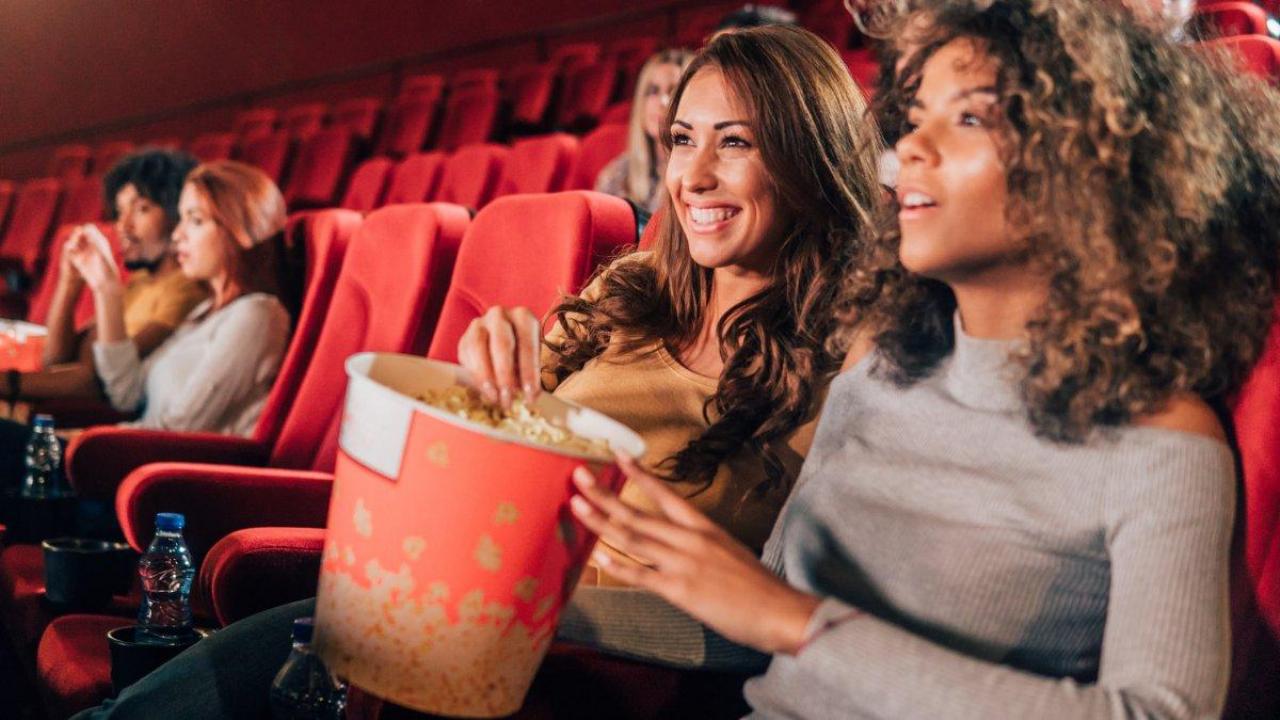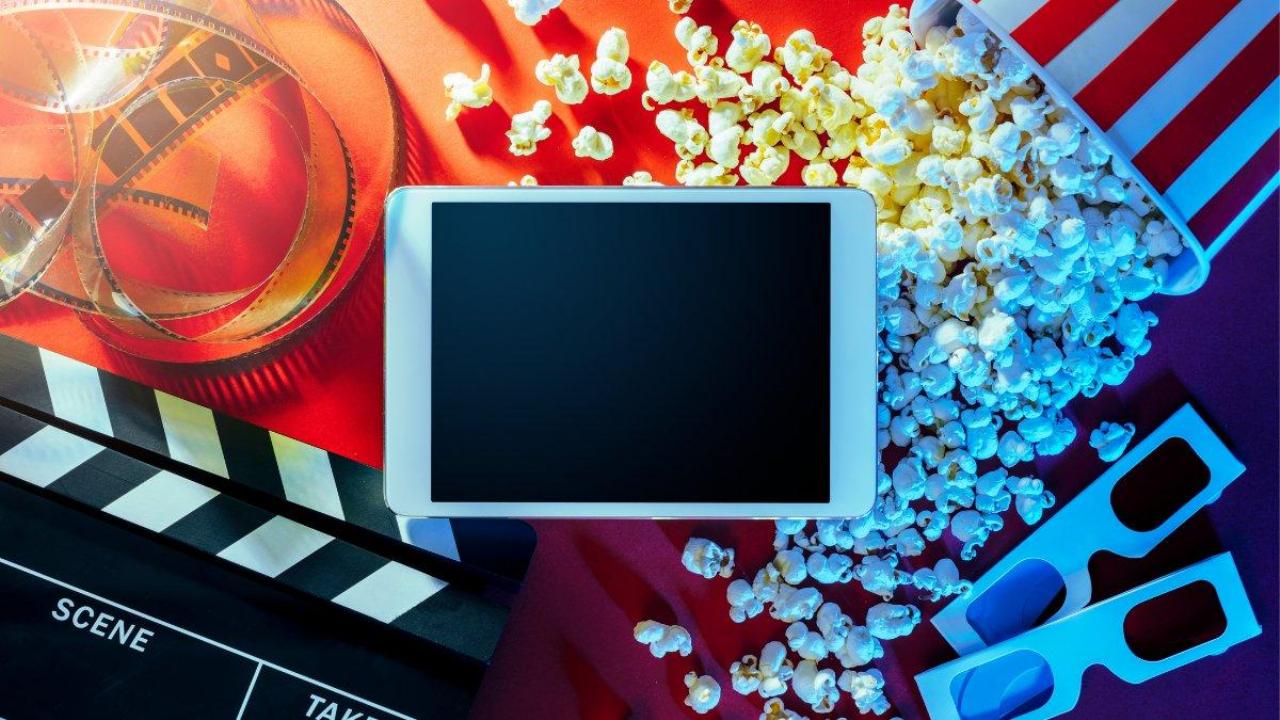Watching movies in their original language version offers viewers a unique and immersive experience that dubbed versions simply cannot replicate. From preserving artistic integrity to capturing subtle cultural references, original versions maintain the filmmaker’s true vision and intent.
Authentic Cultural Experience
Choosing to watch films in their original language creates a gateway to authentic cultural experiences that might otherwise be lost in translation. This practice has gained popularity among cinema enthusiasts who seek genuine connections with the content they consume.
Original Voice Acting and Emotional Delivery
The emotional resonance of a performance often lives within the vocal nuances and timing that actors carefully craft. When viewers opt for original versions, they experience the full spectrum of these performances exactly as directors intended. The rhythm, tone, and emotional weight of dialogue remain intact, which is particularly important for key dramatic scenes where subtle vocal inflections can transform meaning. Many film enthusiasts develop media repetition habits specifically around original version viewing, returning to favorite foreign films to catch nuances missed in previous viewings. For international home cinema enthusiasts looking to create the perfect viewing environment, visit https://www.casajedo.es/ for ideas on creating personalized entertainment spaces that enhance the viewing experience.
Cultural Nuances and Regional References
Original versions preserve cultural context and regional references that often get diluted or completely lost in dubbed translations. Humor, especially, relies heavily on cultural context and wordplay that rarely translates effectively. Watching in the original language allows viewers to appreciate these elements authentically, fostering a deeper understanding of different societies and their values. This aspect of entertainment consumption habits tends to build stronger memory and media connections, as viewers absorb not just the story but also cultural insights. Many viewers report that this deeper engagement creates a form of comfort viewing, allowing them to feel connected to cultures beyond their own geographic boundaries.
Language Learning Benefits
Watching movies in their original version offers substantial advantages for language learners looking to enhance their skills beyond traditional study methods. This approach embeds language acquisition within authentic entertainment experiences, making learning both effective and enjoyable. Many viewers find that engaging with media in its original language creates a more immersive viewing experience while simultaneously building linguistic competence.

Media repetition through rewatching favorite foreign films can significantly accelerate language learning. When viewers revisit content they enjoy, they reinforce vocabulary and expressions naturally, similar to how many people derive comfort from rewatching familiar shows in their native language. This form of content reconsumption serves dual purposes of entertainment and education.
Natural Vocabulary Acquisition Through Context
Original version films present vocabulary within meaningful contexts, allowing viewers to understand words and phrases as they’re naturally used rather than through isolated memorization. This contextual learning mirrors how children acquire their first language and proves more effective for retention than rote learning methods.
The entertainment consumption habits that lead us to rewatch movies can be particularly valuable when applied to foreign language content. Each viewing reveals previously missed expressions and cultural nuances, expanding vocabulary organically. This gradual absorption of language through media repetition helps viewers develop an intuitive sense of usage that formal study rarely provides.
Many language learners report that habitual behavior around specific foreign films or shows—watching them multiple times—creates strong memory associations with vocabulary. This connection between entertainment psychology and language acquisition makes learning feel less like study and more like enjoyment.
Pronunciation and Accent Familiarization
Exposure to authentic speech patterns through original version films trains the ear to recognize natural pronunciation, rhythm, and intonation. Regular exposure helps viewers distinguish regional accents and speech variations that textbooks rarely address. This auditory training proves invaluable for developing speaking skills that sound more native.
The comfort viewing aspect of rewatching favorite content plays a significant role in pronunciation development. By revisiting familiar scenes, viewers can focus on mimicking speech patterns they’ve previously enjoyed, creating a form of casual practice that builds confidence. Many language experts recognize this type of media repetition as an effective supplement to formal pronunciation training.
Beyond practical benefits, watching films in their original language often creates nostalgic connections to the learning process itself. Many successful language learners cite specific movies or shows that marked their progress, creating positive emotional regulation around language acquisition. These personal associations between entertainment and achievement reinforce continued learning efforts and make the overall experience more rewarding.




